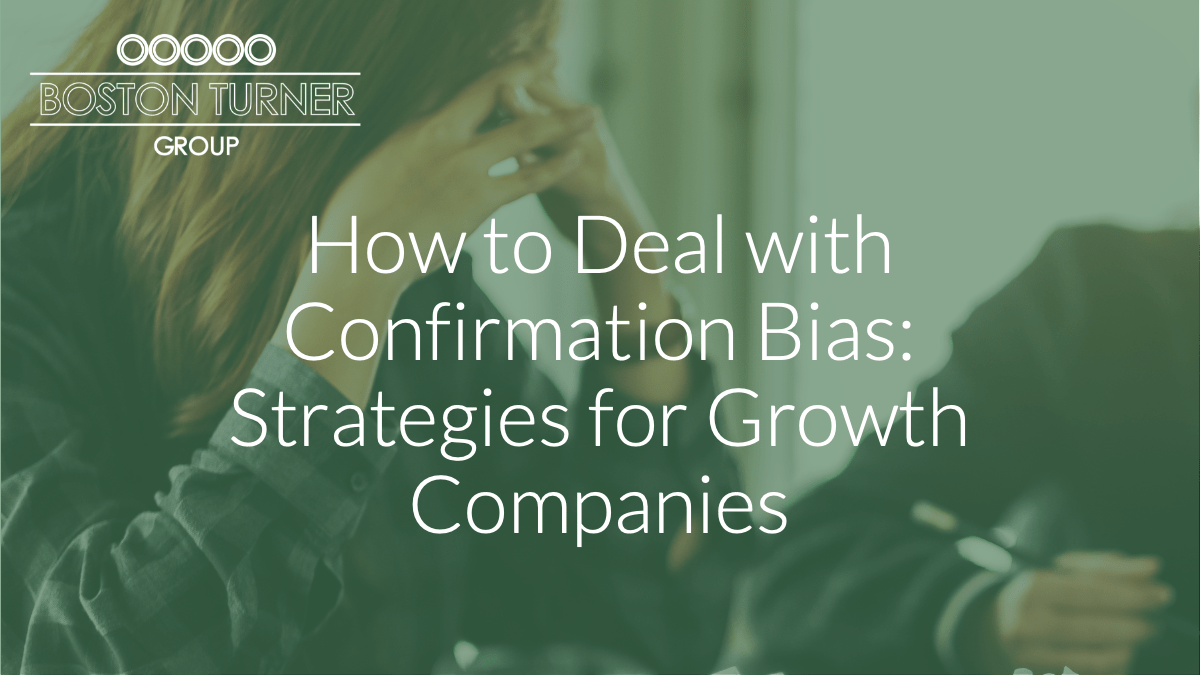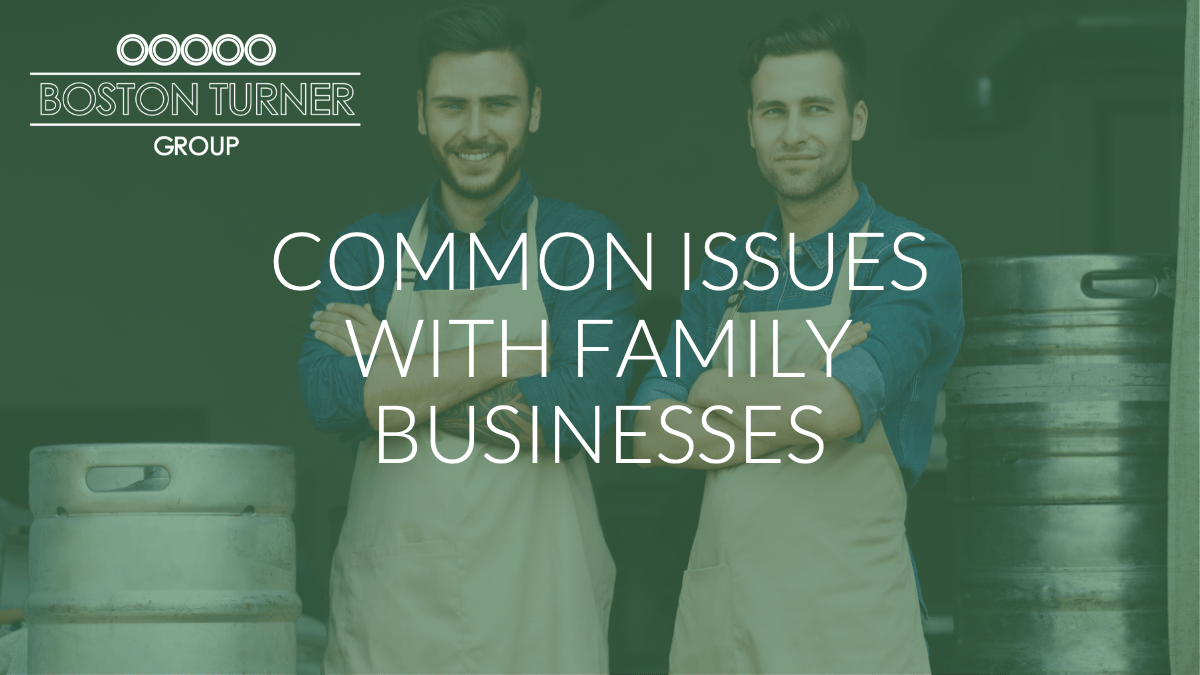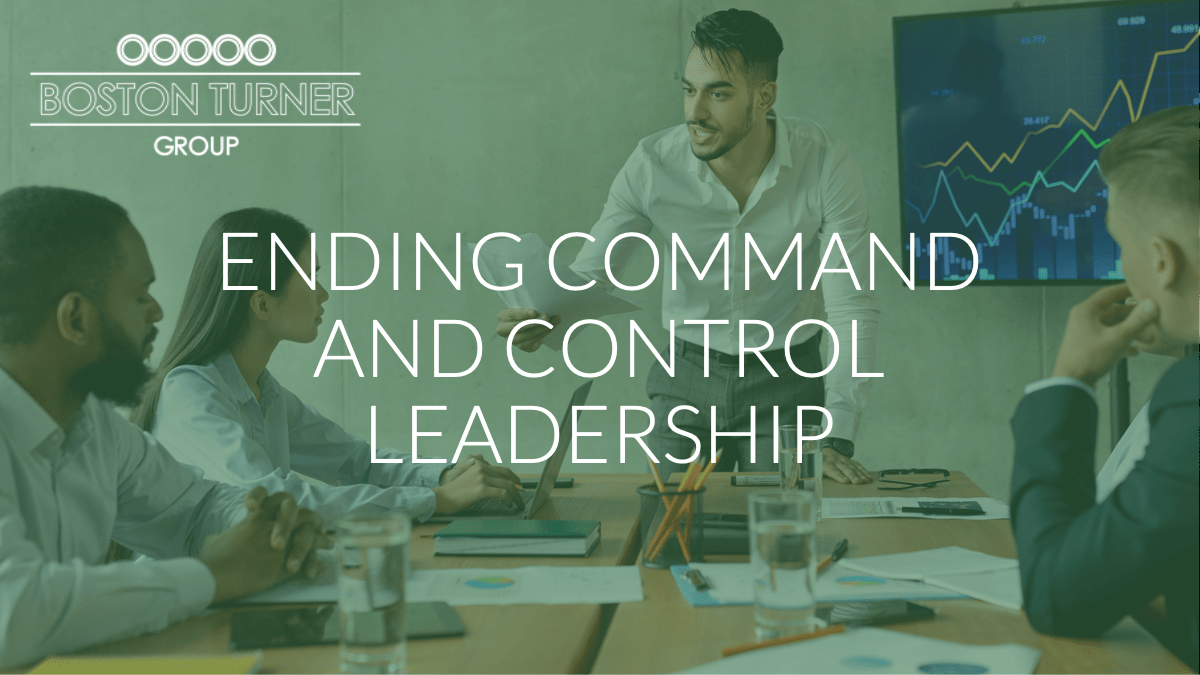Family businesses are great. You get to do what you love surrounded by the people…

How to Deal with Confirmation Bias: Strategies for Growth Companies
Confirmation bias is a type of cognitive bias which refers to the tendency of people to search for, interpret, focus on and remember information in ways that confirm their pre-existing beliefs or hypotheses. For example:
- You might search for social media and news stories that confirm my existing beliefs and thus reinforce those beliefs (“I only watch ______ channel because it is unbiased”)
- When presented with data, most people are more likely to reach a conclusion that confirms an existing belief even when the data is disconnected (“Of course sales are down, it all started when we got rid of demo Wednesdays…”)
- When presented with many data points, we become focused on the ones that has the most emotional resonance (“let’s drill into the account management call numbers, I’ve seen this go wrong a dozen times”)
Confirmation bias can lead people to ignore evidence that challenges their existing views and seek out evidence that reinforces them instead. As such, confirmation bias can lead to poor decision-making and inaccurate conclusions.
Examples of confirmation bias include selectively presenting data to support a particular point, drawing on emotionally charged language when discussing topics related to one’s beliefs, and dismissing evidence that contradicts existing views. It is important to be aware of this phenomenon to ensure decisions are based on the most accurate and comprehensive information available.
Why Entrepreneurial CEOs are Especially Vulnerable to Confirmation Bias
In my experience coaching entrepreneurs and their teams, I see confirmation bias as a major sticking point that hinders growth. Why? Because vision and intuition are skills that made entrepreneurial CEOs successful in the first place. So, they continue to use that intuition even in the face of contrary evidence.
Here are some real-life examples I’ve seen with clients:
- The company founder is almost always more likely to rely on information that supports their initial hypothesis and discount evidence that contradicts it.
- Product managers are more likely to seek out features and solutions that fit their confirmed beliefs against feedback from customers.
- CFOs are more likely to invest in initiatives with similar characteristics to prior initiatives, regardless of whether those previous investments had been successful. That means failed old ideas can take precedence over potentially successful new ideas.
Confirmation bias is a particular problem for entrepreneurial CEOs because it can lead to making decisions that are based on inaccurate or incomplete information. This can be especially damaging in a young and growing business, where decisions can have long-lasting and far-reaching consequences. CEOs must be vigilant in avoiding confirmation bias when they are making important decisions.
To reduce the effects of confirmation bias, it is important to be aware of its existence and actively seek out evidence which may challenge existing beliefs and assumptions. It is likewise beneficial to consider the viewpoints of those who hold different views than one’s own, as well as to question the validity and accuracy of information obtained from any source. By doing so, individuals can make decisions based on a fuller picture of all available data and therefore achieve more accurate outcomes.
Help! My Team is Stuck Thanks to Confirmation Bias
When it comes to working with others who are exhibiting a high degree of confirmation bias, using their assumptions can be an effective approach. One way of working with someone else’s confirmation bias is to present evidence that confirms the team member’s current beliefs. Lead with facts that they agree with but use those facts to segue into facts and data that support your argument. Be up front about your goal and address any contradictory information as this could lead to mistrust. Also, try to phrase things in such a way that it will seem like their own idea or solution to invoke their sense of ownership over the situation.
It can also be beneficial to look for solutions that are mutually beneficial. People tend to be more open to the idea of compromise when it does not mean sacrificing their beliefs or preferences. Find a middle ground that both sides can agree on, and frame it in such a way as to emphasize its advantages. If possible, try to provide evidence of the benefits of the compromise. You’re not going to change their worldview, but you could at least get out of the meeting with some decisions and action items.
Finally, it is important to listen more than speak. Give the other person a chance to express their opinions and feelings without interruption or judgement. This will create an atmosphere of understanding and cooperation rather than resistance. Showing that you are willing to consider their ideas as well as your own can go a long way. Most importantly, people naturally reciprocate kindness, so if you listen attentively to their ideas, they will be more likely to listen to yours.
Learning to Question Our Assumptions and Beliefs
When it comes to overcoming your own confirmation bias, it is important to question and analyze your own assumptions and beliefs, to ensure that you are making sound decisions that are free from any underlying biases.
This process of questioning our own assumptions and beliefs can be difficult, as it requires an honest evaluation of oneself. To question our own assumptions and beliefs, it is important to take a step back and consider both sides of an issue or argument. Moreover, it can be helpful to bend the rules and think outside the box to gain further insight into a particular situation. Lastly, seeking out feedback from others on a particular topic or decision can also help us gain an outside perspective and identify any confirmation bias that may be at play. By taking the time to question our own assumptions and beliefs, we can better understand any underlying biases and make more informed decisions.
Maintaining an open mind and engaging in critical thinking is key when it comes to overcoming confirmation bias. While challenging our own beliefs may feel uncomfortable, it is important to remember that doing so can help us to make sound decisions and come to more accurate conclusions. By taking the time to properly evaluate an issue and seek out feedback, we can better understand any underlying confirmation bias and ensure that our decisions are free from any prejudiced influences.
Perhaps most importantly, you should invite an experienced and objective voice to your leadership table. We’ve helped many companies get unstuck and can help you identify and overcome your own blind spots. Contact us today if you are interested in discussing these issues in more detail.



